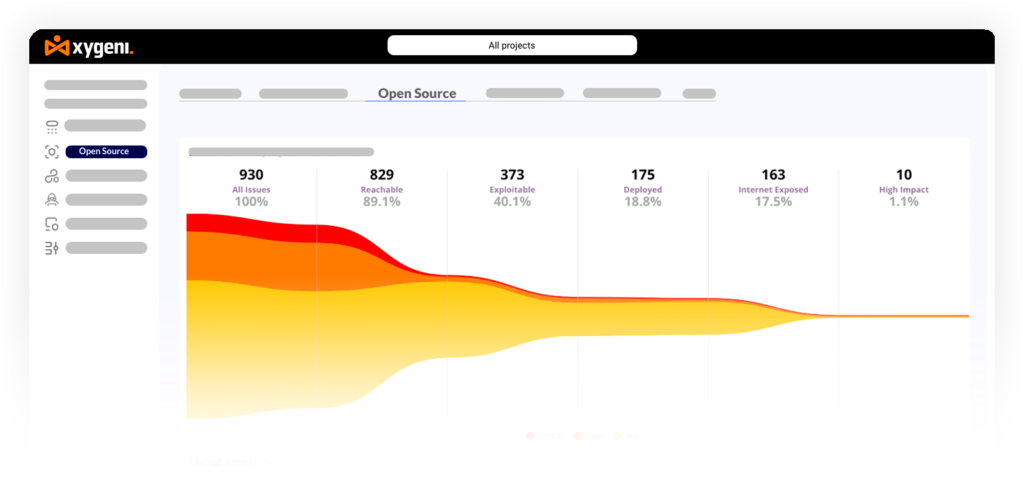Quick Introduction to Orchestration #
Orchestrate in software development refers to the automated coordination, management, and integration of various software components, services, and processes to ensure a smooth operation within a system.
Definition:
What is Orchestration in Software Development? #
So, do you know what is Orchestration in Software Development? If the answer is no, keep reading! Orchestrating in software development involves configuring, managing, and optimizing workflows across different environments, such as cloud-native applications, microservices architectures, or DevOps pipelines. Unlike basic automation, which concentrates on performing individual tasks (as we will later see), orchestration in software emphasizes the cohesive alignment of multiple automated processes to achieve a complex goal.
The Role of Orchestration in Software Development #
Orchestration, essentially, is the backbone for ensuring that interconnected systems and services work together efficiently. Developers and operations teams rely on orchestration for many reasons. Some of them are:
- To manage dependencies between services
- To allocate resources dynamically across environments
- To synchronize workflows across microservices or containers
- To enable rapid deployment and scaling of applications
Orchestrate in software development tries to minimize operational complexities and enhance system reliability and performance.
Key Features of Software Orchestration #
- Process Coordination: orchestration in software ensures that tasks are executed in the correct sequence, accounting for dependencies and prerequisites
- Resource Allocation: orchestration in software development dynamically manages computational, storage & networking resources for optimized system utilization
- Workflow Optimization: orchestrate in software development streamlines workflows by eliminating bottlenecks and enabling parallel task execution
- Monitoring and Analytics: orchestration tracks system performance, logs processes, and identifies issues to ensure smooth operation
- Policy Enforcement: it also applies organizational policies such as compliance standards & access control during orchestration
Orchestrate in Software Development – Common Use Cases #
Now that we have explained what is orchestration in software development, let’s see some of its use cases & scenarios:
DevOps and CI/CD Pipelines
Orchestration in software automates the continuous integration and continuous delivery (CI/CD) process, ensuring that code updates are built, tested, and deployed seamlessly. Tools like Jenkins, GitLab, and CircleCI leverage orchestration to synchronize tasks such as version control, testing, and deployment.
In containerized environments, orchestration platforms like Kubernetes automate the deployment, scaling, and management of containerized applications. Kubernetes orchestrates tasks such as load balancing, container scheduling, and resource allocation to ensure high availability.
Microservices Architecture
For applications built using microservices, orchestration handles the interaction between discrete services. It ensures communication, error handling, and load distribution across services to maintain system stability.
Cloud Infrastructure Management
Cloud orchestration tools like AWS CloudFormation and Terraform enable the provisioning and management of cloud resources, automating tasks such as server setup, storage allocation, and network configuration.
Orchestration vs. Automation: What’s the Difference? #
While orchestration and automation are often used interchangeably, they address different layers of operational efficiency:
Automation refers to performing a single task or a small set of tasks without manual intervention. For example, automating a backup process for a database.
Orchestration on the other hand, focuses on linking multiple automated tasks to achieve a comprehensive workflow. For instance, orchestrating a database backup followed by data verification and cloud storage synchronization.
In essence, orchestration is about creating a cohesive process by connecting individual automated actions.
Read more here.
Benefits of Software Orchestration #
The adoption of orchestration offers several advantages. Especially security managers, DevSecOps teams, and developers must be interested:
- Improved Efficiency: Orchestrate in software development automates repetitive tasks and optimizes workflows, reducing manual overhead
- Scalability: Dynamically adjusts resources and processes to handle varying workloads
- Consistency: Standardizes processes across environments, minimizing errors and discrepancies
- Enhanced Security: Integrates security checks, compliance requirements, and vulnerability assessments into workflows
- Faster Time-to-Market: Speeds up development cycles by automating deployment pipelines and minimizing delays
Challenges and Considerations in Orchestration #
While orchestration brings numerous benefits, it also comes with numerous challenges:
- Complexity: Designing and maintaining orchestrated workflows for large-scale systems can be challenging
- Integration: Ensuring compatibility across various tools, platforms, and APIs requires careful planning
- Monitoring: Orchestrated systems demand robust monitoring to detect and resolve issues in real-time
To overcome these challenges, organizations often invest in advanced orchestration tools and platforms that provide intuitive interfaces, analytics, and support for diverse environments.
To Sum Up #
Now that we have briefly explained what is orchestration in software development, we can say (without a doubt) that orchestration is a critical enabler for modern development and operational practices, offering the means to coordinate complex workflows, streamline processes, and enhance efficiency. For security managers, DevSecOps teams & developers, understanding and implementing orchestration in software development is vital and key to achieving robust, scalable, and secure software systems.
To overcome challenges such as integration complexities, monitoring demands, and ensuring security throughout the software supply chain, leveraging advanced tools like Xygeni can be transformative. Xygeni seamlessly integrates into existing workflows to help coordinate and ensure adherence to security policies and standards, providing teams with a streamlined approach to maintaining compliance and operational consistency.


